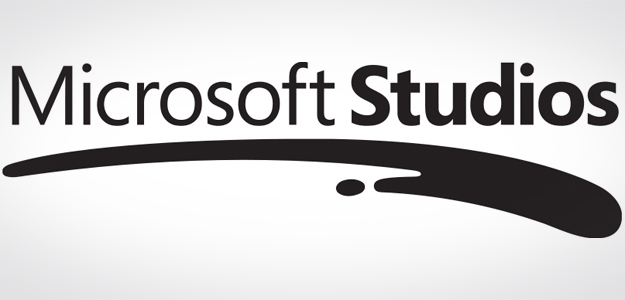 Microsoft Game Studios’ grand expansion in the lead up to the next Xbox continues apace in 2013. Microsoft announced the opened of Lift London, a new UK studio created by former Sony and Atari executive Phil Harrison and run by ex-Rare Ltd. developer Lee Schuneman. Lift London will play a unique role in Microsoft’s studio network, though, as Harrison says that it is a “21st century studio, not a studio that will make retail products.”
Microsoft Game Studios’ grand expansion in the lead up to the next Xbox continues apace in 2013. Microsoft announced the opened of Lift London, a new UK studio created by former Sony and Atari executive Phil Harrison and run by ex-Rare Ltd. developer Lee Schuneman. Lift London will play a unique role in Microsoft’s studio network, though, as Harrison says that it is a “21st century studio, not a studio that will make retail products.”
Speaking at a press conference on Thursday morning, Harrison said that Lift London’s primary output will be connected games served over the cloud. They may make games that initially purchased on a disc but the bulk of the game will be found on the Internet. Lift’s games will be services expanded and played over the Internet, not unlike the myriad social games that have made Facebook so potent a force in the gaming market over the past four years.
“The shift is from packaged goods to connected products,” said Harrison, “We will continue to support retail with our products for sure. But we are going to keep creating features that are enhanced and improved by the network.”
“What I would encourage you to think is that the disc is the start of a five-year relationship with the gamer, we will try to refine and extend the product over many years. We don’t have to stop doing disc products to be cloud-centric.”
Lift will also be an umbrella for other start-up studios Microsoft grows. Already the London-based studio Dlala, developer of Windows 8 game Janksy, has been acquired by Microsoft and incorporated into Lift London.
Windows 8 and Xbox will be just two platforms served by Lift London. “We are now really a multiplatform studio,” said Harrison, “We’re no longer just competing with traditional console companies, but out competitive landscape includes the likes of Google, the likes of Amazon, it includes obviously the likes of Apple.”
Harrison has a history of transforming massive companies’ fates in the video game industry. While engineer Ken Kutaragi was responsible for designing Sony’s original PlayStation, it was Harrison that evangelized the platform to publishers in Japan, America and Europe prior to its release in 1994. He was instrumental in furthering the adoption of CD-ROM as the format of choice for console games in the ‘90s, and later DVDs with the PlayStation 2 in the ‘00s. Lift London’s output could potentially redefine Microsoft’s gaming business.
Source: VG247


